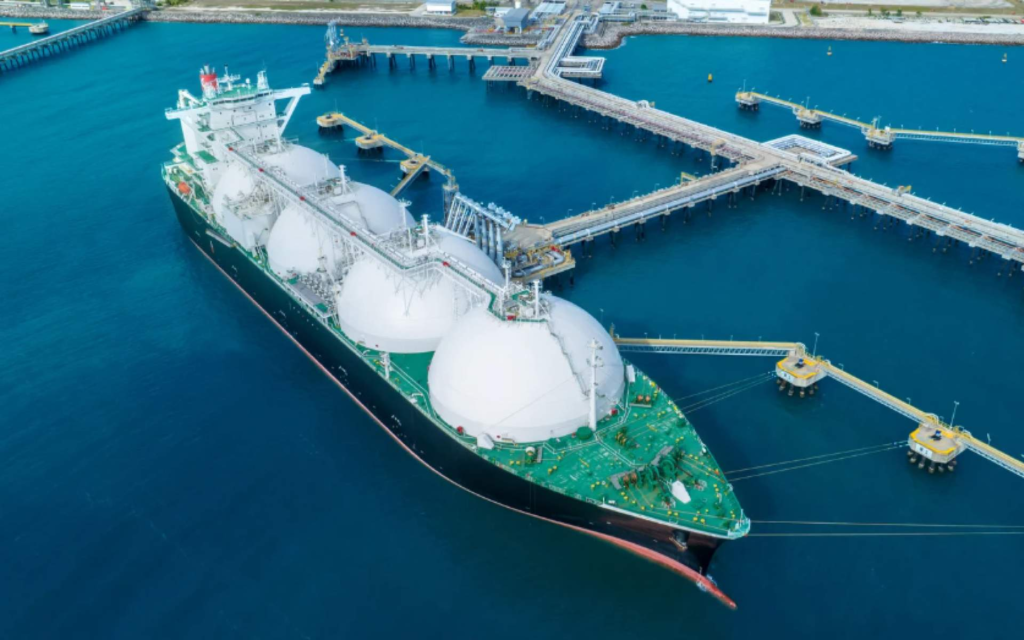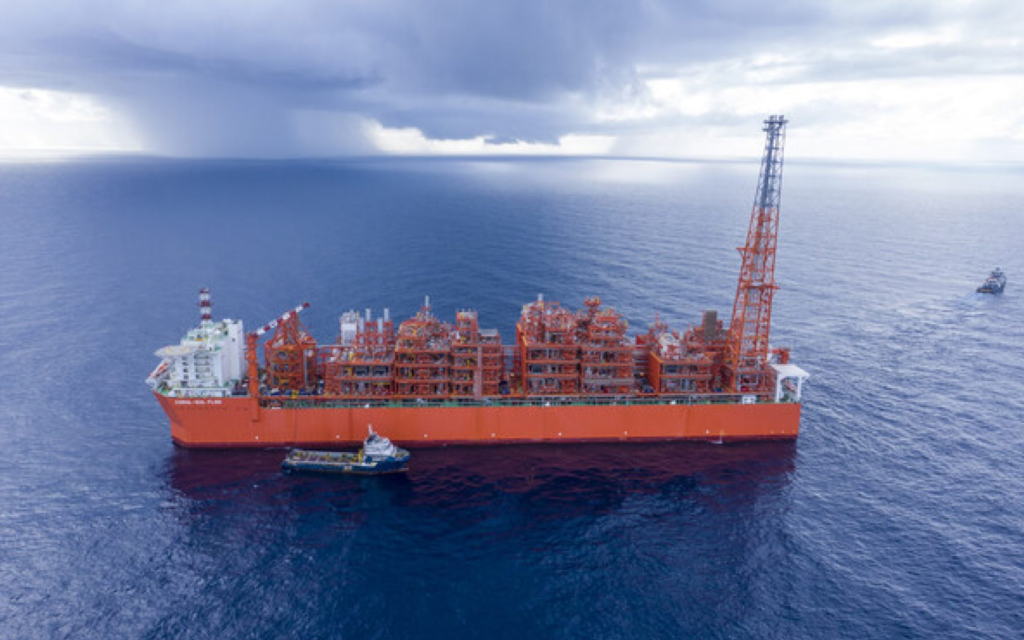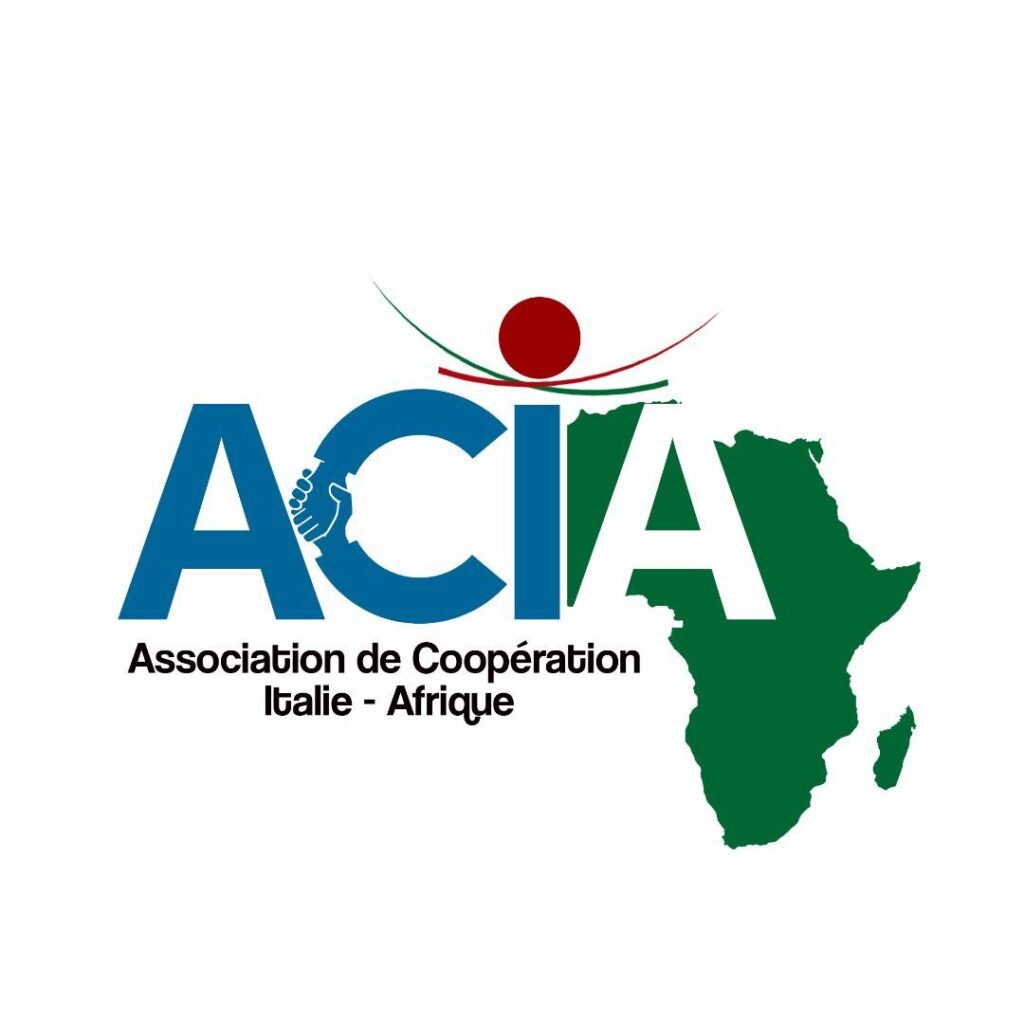Hydroelectricity: LNG Mozambique - Exploiting Natural Gas to Become a Global Hub

Introduction
With natural gas reserves estimated at over 100 trillion cubic feet (tcf)4, Mozambique is set to become one of the world's leading exporters of liquefied natural gas (LNG), transforming itself into a strategic energy hub for Africa and the world. Despite security challenges, market volatility and the global energy transition, the country is attracting billion-dollar investments from giants such as TotalEnergies, ExxonMobil, Eni and CNOOC, with projects that could generate USD 500 billion in revenue by 2045.

This article explores how Mozambique is harnessing its resources to position itself as a major player in the LNG market, analysing major projects, economic impact, geopolitical risks and future prospects.
The Pillars of the Mozambican LNG Dream
1. Coral South FLNG: The First Success
Operated by Eni, the project Coral South Floating LNG became operational in 2022, marking Mozambique's debut as an LNG exporter. With a capacity of 3.4 million tonnes per year, this floating facility is the first of its kind in Africa and has already signed long-term supply agreements with BP.

- Innovative technologyThe FLNG platform avoids the need for onshore infrastructure, reducing security risks in the turbulent province of Cabo Delgado9.
- Future Expansion: Eni plans to launch Coral North FLNGdoubling production by 2027.
2. TotalEnergies' Mozambique LNG: A Giant in Waiting
With an initial investment of 20 billionTotalEnergies' onshore project in Area 1 of the Rovuma Basin promises a capacity of 12.9 million tonnes per year4. However, work has been suspended since 2021 due to the terrorist attacks in Palma.
- Shooting plansCEO Patrick Pouyanne announced negotiations to reactivate the project by the end of 2025, with 80% funding already confirmed.
- Local impact: The project will include the construction of schools, hospitals and training programmes for local communities.
3. ExxonMobil and Eni's Rovuma LNG: The 18 Million Ton Bet
ExxonMobil and Eni aim to achieve the Final Investment Decision (FID) in 2025 for their onshore mega-plant in Area 4, which will add 18 million tonnes per year to Mozambican capacity.

- Strategic Collaborations: The consortium includes ADNOC (10%), CNPC (70%) and KOGAS (10%), with Eni responsible for offshore production and ExxonMobil for liquefaction.
- Logistical challenges: The construction will require more than 15,000 workers and the expansion of the port of Pemba.
Economic Impact: Between Growth and Inequality
Colossal Income and Infrastructure Development
- Government revenue: The IMF estimates that Mozambique could collect 500 billion by 2045 from LNG exports, with GDP growth of 24% annual between 2021 and 2025.
- Critical infrastructures: The Project Gas-to-Power Temaneoperating from January 2025, will produce 450 MW of electricity, connecting the Pande and Temane fields to Maputo via a 563 km transmission line.

Employment and Local Content
- Jobs: The creation of 30,000 direct seats in LNG projects, with training programmes for Mozambican engineers and technicians.
- CriticalitiesOnly 15% of the current workforce is local, raising concerns about the actual economic impact on communities.
Challenges and Risks: The Other Side of the Medal
1. Security in Cabo Delgado
The gas-rich northern province has been the scene of a jihadist insurgency since 2017. Attacks on Palma in 2021 forced TotalEnergies to declare force majeuredelaying projects for years.
- Ongoing solutions: The Mozambican government, with the support of Rwanda and SADC, has intensified military operations, but stabilisation will take time.
2. Financial and Environmental Risks
- Public Debt: Mozambique's external debt amounts to 29.5 billion dollarswith 20% linked to energy projects.
- Climate impactAccording to the World Bank, LNG projects could emit 4.5 billion tonnes of CO2 in their life cycle, threatening coastal ecosystems.
3. Volatility of Global Markets
Global demand for LNG could fall by 30% by 2040 because of the energy transition, exposing Mozambique to the risk of stranded assets.
International Collaborations: Who's Driving the Game?
1. China and the Middle East: New Dominant Actors
- CNOOC: The Chinese company acquired five offshore blocks in the Save and Angoche areas, expanding its influence in the upstream sector.
- ADNOC: The Emirati company holds 10% in Area 4, aiming to expand its global LNG capacity.

2. Europe and the United States: Between Investment and Criticism
- TotalEnergies and EniEuropean majors lead the most ambitious projects, but are under pressure from high social and environmental costs.
- ExxonMobil: With the support of the US EXIM Bank, the American company seeks to counter Chinese influence in the Rovuma Basin.
3. Regional Agreements
- South Africa: The agreement between PetroSA and ENH for the Temane-Maputo pipeline will guarantee 2 PJ of gas per year the country, alleviating the energy crisis.
Future Perspectives: Towards a Sustainable Mozambique?
1. Integration with Renewables
The Mozambican government is considering hybrid projects combining LNG and solar, such as the photovoltaic park from 100 MW planned near the Temane power plant.
2. Governance Reforms
To avoid the resource cursethe country must:
- Strengthen transparency in agreements with multinationals.
- Increase the local content in energy contracts.
3. African Leadership
Mozambique aspires to become the Southern Africa's energy hubconnecting the Rovuma fields to markets in South Africa, Zimbabwe and Malawi through regional pipeline networks.
Conclusion: A Historical Crossroads
Mozambique stands at a crossroads: on the one hand, the potential to become a global energy power; on the other, the risks of fossil fuel dependency and social instability. The key to success will lie in the ability to balance international interests, social equity and environmental sustainability.
Advice for:
- InvestorsExplore funds dedicated to green infrastructure, such as the Global Gateway of the EU.
- Mozambican GovernmentPrioritise agreements that guarantee long-term benefits for local communities.
- Global CommunitySupport fair transition programmes to integrate LNG and renewables.






